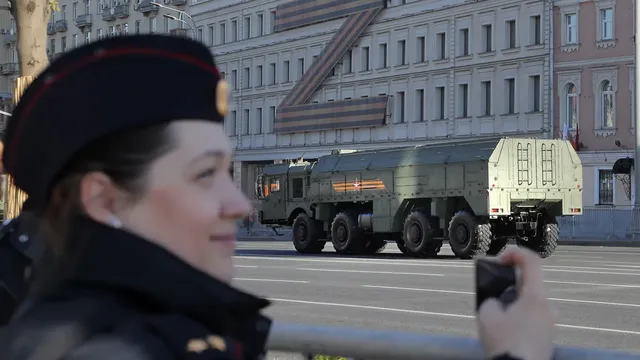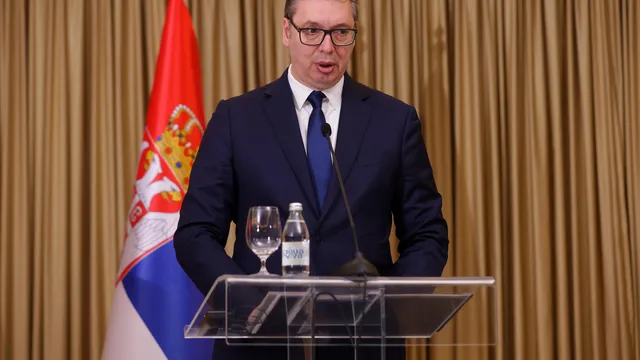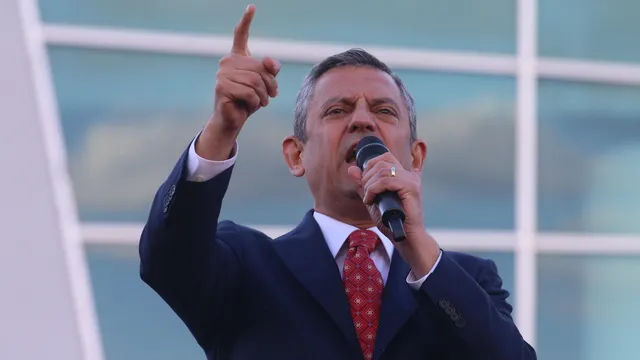Russia has remained the main destabilising factor and the most significant and direct threat to NATO and the EU, mainly because of its unprovoked war against Ukraine, as well as because of its pursued goal to weaken politically and economically the EU and its member states. To this end, Moscow is using a range of hybrid instruments to influence decision-making, divide societies, destabilise economies, introduce divisions between Member States and undermine confidence in democratic forms of governance.
This is stated in the Report on the State of the Defence and Armed Forces of the Republic of Bulgaria in 2024 , which was adopted by the Council of Ministers, BBGNES reported.
"Hybrid methods of influence have been used intensively to create tensions in the Euro-Atlantic community and to influence electoral attitudes in European countries. The geopolitical influence and presence of this country in the South Caucasus has regressed significantly. Its ability to project power in the Mediterranean has also declined. Russia has continued to restrict freedom of navigation and air traffic in and over the Black Sea, although its naval forces have very limited freedom of action. The high-intensity combat actions of the Russian armed forces against Ukraine have significantly increased the danger of misjudgements of the situation and risks of further escalation with the involvement of third countries (including the DPRK). Against this backdrop, the Kremlin's use of nuclear blackmail to exert foreign policy pressure and influence has continued," says the document, which was adopted on 4 April this year.
"The war in Ukraine and instability in the Middle East have increased the security risk of critical energy routes. Russia has focused its efforts on preserving hydrocarbon production and exports by targeting new markets and concealing the real origin of energy resources, but the expired contract for transit of its natural gas through Ukraine has forced structural changes in the energy sector. On this basis, interconnections and LNG receiving infrastructure continued to be built in Europe," the document added.
"Security problems in the Balkan region have persisted due to the ambitions of internal and external state and non-state actors to assert their influence in the region to realise political objectives. Risks and threats were generated by various information operations, hybrid impacts, migration flows, trans-regional organized crime, etc. The conflict potential in the Western Balkans has been preserved due to the increased tendency among local politicians to gain electoral support by manipulating the nationalist attitudes and beliefs of the public. Relative stability in the region has been preserved thanks to the active engagement of the international community, but the growing tendency of local statesmen and politicians to take uncoordinated and unilateral actions creates the conditions for an escalation of tensions", the report further says.
The document says that “in the context of a fundamentally changed strategic security environment in the third year of the Russian Federation's war against Ukraine, Bulgaria has continued its active participation in strengthening NATO's deterrence and defence capabilities in the Black Sea.”
"The focus of efforts remained on building the Alliance's multinational battle group. To ensure the safety of maritime traffic, a Black Sea Mine Countermeasures Group was established together with Romania and Turkey. Bulgaria remained in solidarity with Ukraine and supported its legitimate efforts to resist Russian military aggression. In implementation of the decisions of the National Assembly, the assistance continued to be sent, and its volume and scope were expanded," the analysis added.
The report on the state of the defence and armed forces of the Republic of Bulgaria in 2024 was developed in accordance with Article 23 of the Law on Defence and Armed Forces of the Republic of Bulgaria. The document presents to the National Assembly and the public an assessment of the state of the Bulgarian Armed Forces and the results achieved in the field of defence during the year. On the basis of the conclusions drawn, the report also outlines the main areas of work in 2025 and in the medium term in which the Ministry of Defence will focus its efforts to implement an effective defence policy. | BGNES

 Breaking news
Breaking news
 Europe
Europe
 Bulgaria
Bulgaria







